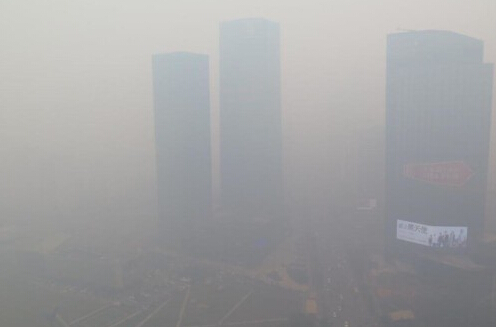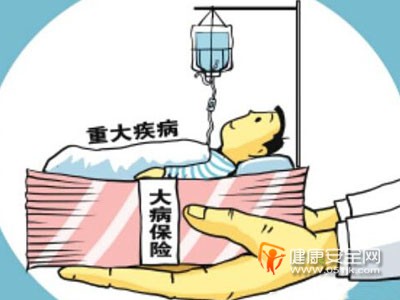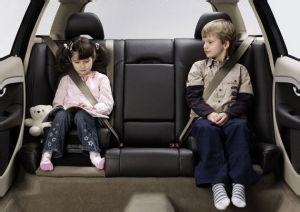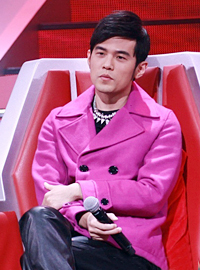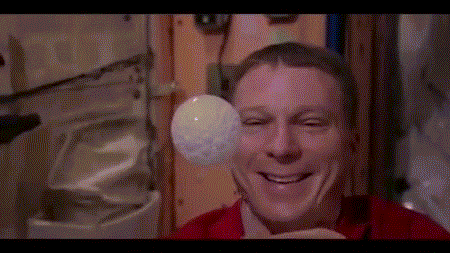
The day of the long-awaited coast-to-coast solar eclipse has all but arrived — and if history is any guide, it’s likely that somebody’s eyes are going to get hurt.
期待已久的日全食的终于要来了—如果之前没有任何指引的话,那么很有可能有人的眼睛会被灼伤。
The ones we’re really concerned about are the people who have never seen an eclipse before — or just decided that, you know, ’Today is a nice day to go take a look at a solar eclipse’ — and, ’Oh, I probably don’t need to do very much to get ready to do that.’ Then I get worried, says Ralph Chou, an optometrist and vision scientist at the University of Waterloo in Canada. He has seen 18 total solar eclipses.
“我们关心的是那些从来没有见过日全食的人或打算去看日全食的人,“今天是美好的一天,我们可以看见日食”,“哦,我可能不需要准备太多。”“如果是这种态度,那我就开始担心了,”加拿大滑铁卢大学验光师和视觉科学家拉尔夫.周说。他曾经目睹过18次日全食。
You really can get blurred vision or blind spots after watching partial eclipses without protection, says Chou, even if there is just a tiny little crescent of sun left in the sky.
周说,在没有保护的情况下看日偏食会造成你视觉模糊或出现盲点,即使天空中只有一小块太阳。
I’ve seen a couple of patients over the years where, you know, you’ve got very distinct crescent-shaped scars from looking at a solar eclipse, says Chou.
周说:“在过去的几年里,我看到过一些病人,这些病人都是在看日食的时候没有做好保护导致眼睛里有非常明显的新月形伤疤。”
It is never safe to look directly at a partial eclipse without special eclipse glasses or filters — and most of the country will see only a partial eclipse.
在没有特殊的日全食眼镜或过滤器保护的情况下,直接看日食是不安全的,而且大多数国家只会看到日偏食。
The risk of injury to the retina is even greater if you look at a partial eclipse without protection through a telescope or binoculars, Chou warns.
周警告说,如果你通过没有保护的单筒望远镜或双筒望远镜观察日偏食,那么视网膜损伤的风险就更大。
The damage, he says, "can happen extremely quickly."
“视网膜马上就会被破坏,”他说。
Binoculars and telescopes need special filters — it is not safe to look through them while just wearing regular old eclipse glasses. It is safe, however, to put eclipse glasses over your everyday prescription eyewear.
单筒望远镜和双筒望远镜需要特殊的滤光器—只戴普通的老式眼镜观察日全食不太安全,你需要把日食眼镜戴到你的眼镜上。
And if you never got around to buying the right sort of protective eclipse glasses, you can still safely "watch" the event projected on a wall or the ground, NASA reminds us, with the help of an index card, a bit of aluminum foil and some tape.
NASA提醒说,如果你从来没买过合适的防护眼镜,你仍然可以通过索引卡、一些铝箔和胶带在墙上或地面上来观看这一自然现象。
Because of the way the light exposure damages cells of the retina, says Chou, a person who has suffered eye damage typically does not realize that there is any problem until hours after the eclipse.
周说,由于暴露光线损害视网膜细胞方式的特殊,一个视力受损的人在观看日食几小时内通常不会意识到眼镜出现问题。
Experience from past eclipses suggests that it has been younger people who are more likely to ignore safety warnings, says Chou.
周表示,过去月食的经验表明,年轻人更容易忽视安全警告。
It does tend to be young males, he says. "Teens to early 20s — the ones who don’t think about any protection for a number of different circumstances."
“这种情况确实倾向于年轻男性,”他说。“十几岁到二十出头的年轻人—他们出于各种理由而不考虑任何保护。”
But don’t be so stressed out about eye safety that you miss the dramatic event known as totality. If you’re lucky enough to be in the thin stretch of land across the country that is going to see a total solar eclipse, it’s absolutely OK to look up with your naked eyes during the couple of minutes or so when the moon is completely covering the sun. In fact, it’s more than OK.
但是,不要因为眼睛的安全问题导致你错过了被称为“全食”的重大事件。如果你足够幸运,你就能在全国范围内看到日全食。在月球完全覆盖太阳的那几分钟内,你就可以用裸眼观察。事实上,这个时候是安全的。
It is spectacularly beautiful, and there’s nothing else like it, says Rick Fienberg, press officer for the American Astronomical Society, who has seen a dozen total solar eclipses. "It’s kind of like falling in love. You can’t describe what that is unless you’ve experienced it."
美国天文学会的新闻官员里克.芬伯格说:“这真是太美了,没有什么比这更美妙的了。”他已经看到了12次日全食。“这有点像坠入爱河。”你无法描述那种感觉,除非你自己经历过。
When the sun completely blinks out, the safety glasses can come off so that you can enjoy the view of the sun’s otherworldly corona and the eerie daytime darkness. But the instant a sliver of sun starts to re-emerge, he says, those glasses need to go back on if you want to keep watching.
当太阳完全消失的时候,你就可以摘掉安全眼镜,这样你就可以欣赏到太阳的超凡的日冕和可怕的白天变黑的景象。但他说,当太阳的一小部分开始重新出现,如果你想继续看下去你需要再重新戴上保护眼镜。
Going through life without seeing a total eclipse of the sun would be like going through life without ever falling in love, says Fienberg. "It would be a terrible shame not to have that fundamental, wonderful experience."
芬伯格说:“如果你一辈子没见过日全食,就仿佛经历了一场没有爱情的人生。





























